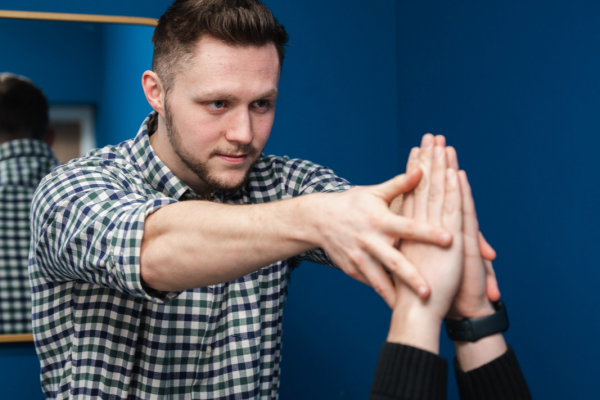How Often Should You Fail?
Posted Sep 17, 2022 at 12:08
Posted Sep 17, 2022 at 12:08

The optimal amount of failure. Sounds oxymoronic right?
Most people are averse to failure, avoiding it at every opportunity, as they only see it as a negative outcome.
This happens subconsciously more often than consciously however. The reason people choose to not join a gym, start at a running club, return to education. Effectively try anything new or different is a deep rooted fear of failure.
Often it appears in our psych as a reason or excuse. But at its source is failure.
But failure is the key to success. Without failure how do we know if we are pushing our boundaries? If we get 100% every time or always succeed, often we aren’t challenging ourselves enough.
But what is the right amount of failure?
Too much and we will get discouraged, unmotivated and frankly feel like crap- that's not helpful for anyone.
Too little and we aren’t challenging ourselves. We are staying in our comfort zones which is where growth goes to die.
Often we talk about the 80/20 rule. If we stick to our diet 80% of the time the other 20% tends to be more helpful than detrimental.
But researcher Wilson and his collaborators at Brown University, the University of California, Los Angeles and Princeton investigated the optimal failure rate for a computer to learn next systems and discovered a different ratio.
The magical percentage of failure for optimising learning is in fact 15%.
85% success rate and 15% failure rate is optimal for learning.
So the general rule of thumb 80/20 rule isn't a million miles away when it comes to learning either.
But other than a cool fact you can apply to teaching, if you're a teacher, team leader, coach etc is the concept that failure is key to optimising success.
Don’t get discouraged by it. As long as it's in the correct dosages, approx 85/15 it's more beneficial than succeeding every time.
Seeing failure as a success is a HUGE mental shift, and one that won't happen overnight But gradual exposure to it like anything can begin to change how you think.